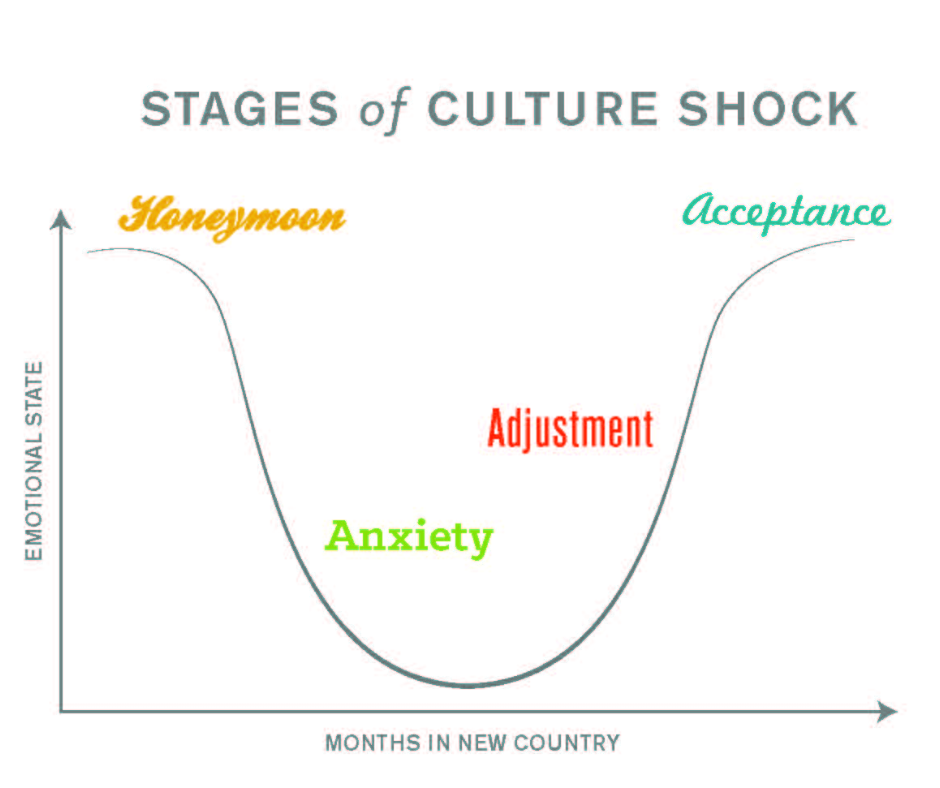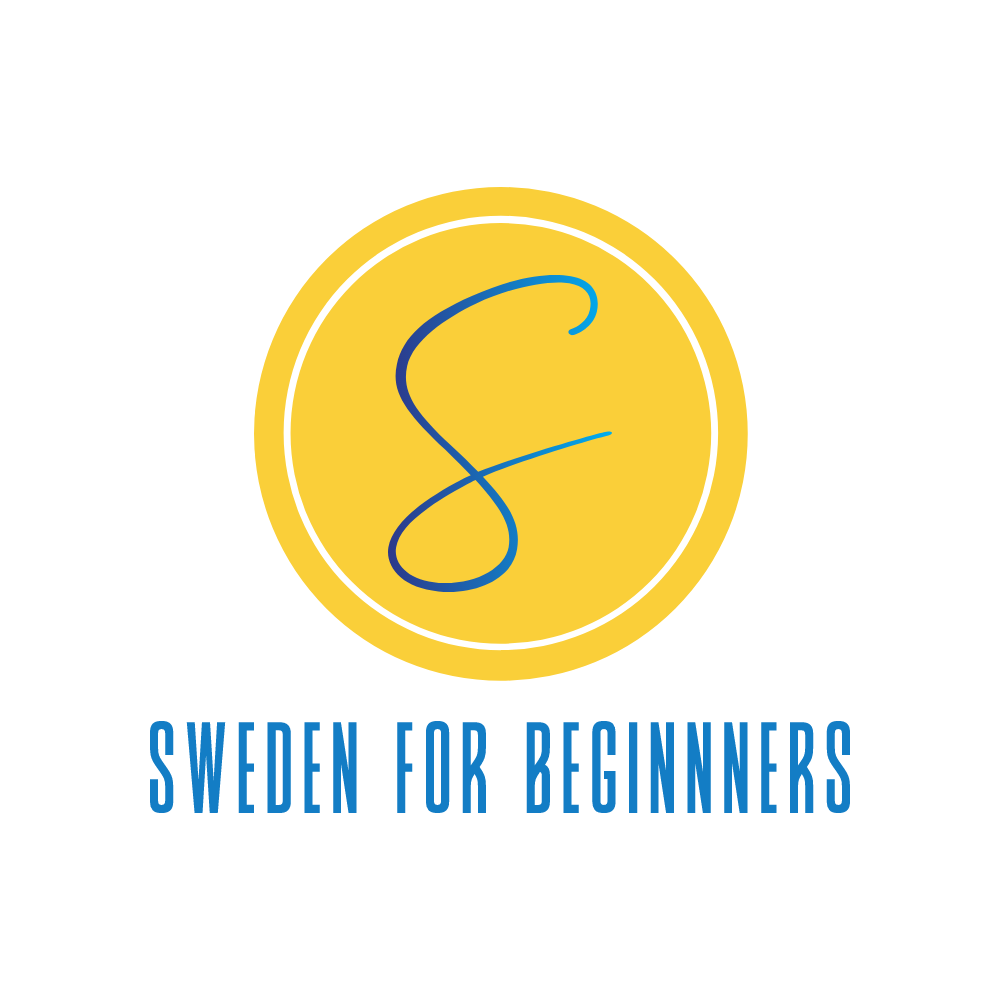Is culture shock a real deal?
Is culture shock a real deal?
Yes, yes and yes!
First, what is a culture shock?
It’s a phenomenon, a pattern in which a person has negative reactions on contact with another culture. It's not a superficial assessment or feeling as an outsider. It’s much much more and it’s not to be underestimated.
It’s about strangeness of the new culture.
When we change cultural context, we lose all our familiar signs, symbols and cues that adopted while growing up and are as much as part of our culture as the language we speak. Cues can be words, gestures, facial expressions and million little things of daily life: what to say when we meet people, when to give tips, how to give tips, how to make purchases, when to accept invitations, what is rude, what is acceptable and what is an absolute faux pass.
I experienced culture shock every time I moved to a new country; I also experienced it when I moved three times within the same country, although to a lesser extent.

The concept of culture shock, more specifically the U-curve of culture shock explained by Alex Matveev can be applied to all my experiences when moving to other or within the same country. My degrees of adjustment went from being enchanted with the new surrounding to the stage when I felt uneasy and depressed before I felt good again.
Bottom of the U-curve wasn’t an easy place to be; feeling confused and frustrated with the new culture I even started to feel hostility.
Experiencing cultural shock(s), I also experienced a kind of existentialist crisis where I questioned myself as a person. I liked to think of myself as a kind, non-judgmental and empathetic person, open to new experiences and here I was, grumpily complaining about new circumstances.
My coping strategies were always the same: lots of interactions, walking and sport. Interactions with people, especially locals, help to feel like a part of society, Walking is my way of interacting with both people and architecture/the outside. Sport helps to reach instant happiness chemically, using your hormones instead of drugs. :)
Sweden proved to be the toughest; it was very hard to interact with locals. I set up my life in Sweden with my Swedish partner; I was convinced that it would be easier than in other countries. I was mistaken. :) My partner has many social contacts and a family, but they interact in a way that I couldn't relate in the beginning. It was nice to have someone to explain things from the first hand, but the culture shock couldn't be avoided.
I used to think that if I prepare well, read books by local authors, learn as much as possible about the culture I'm coming to, there won't be any obstacles.
Reading local authors is probably good and desirable, but if I had known then what I know now, all this theory behind my feelings, it would certainly have been easier for me.
It can be a hard journey, but well worth the effort. After emerging on the other side of U-curve I felt like I have a part of the new culture within me, enriched and wider.



